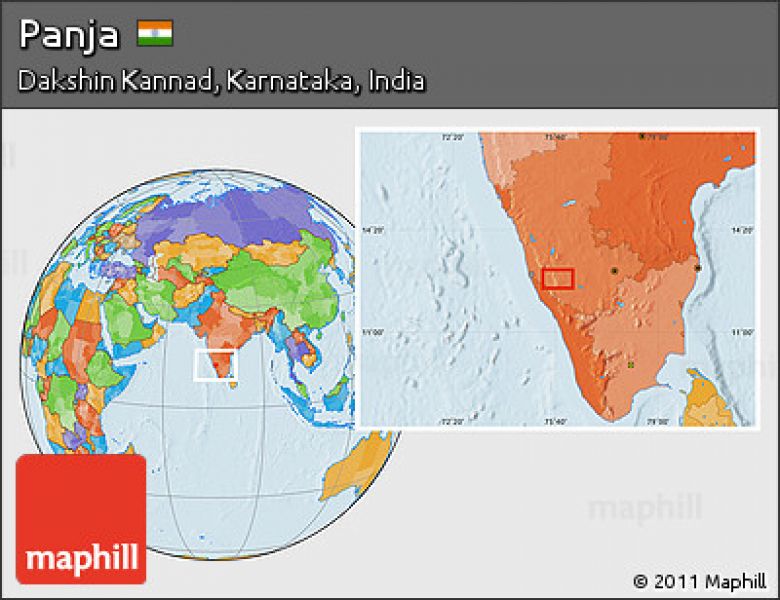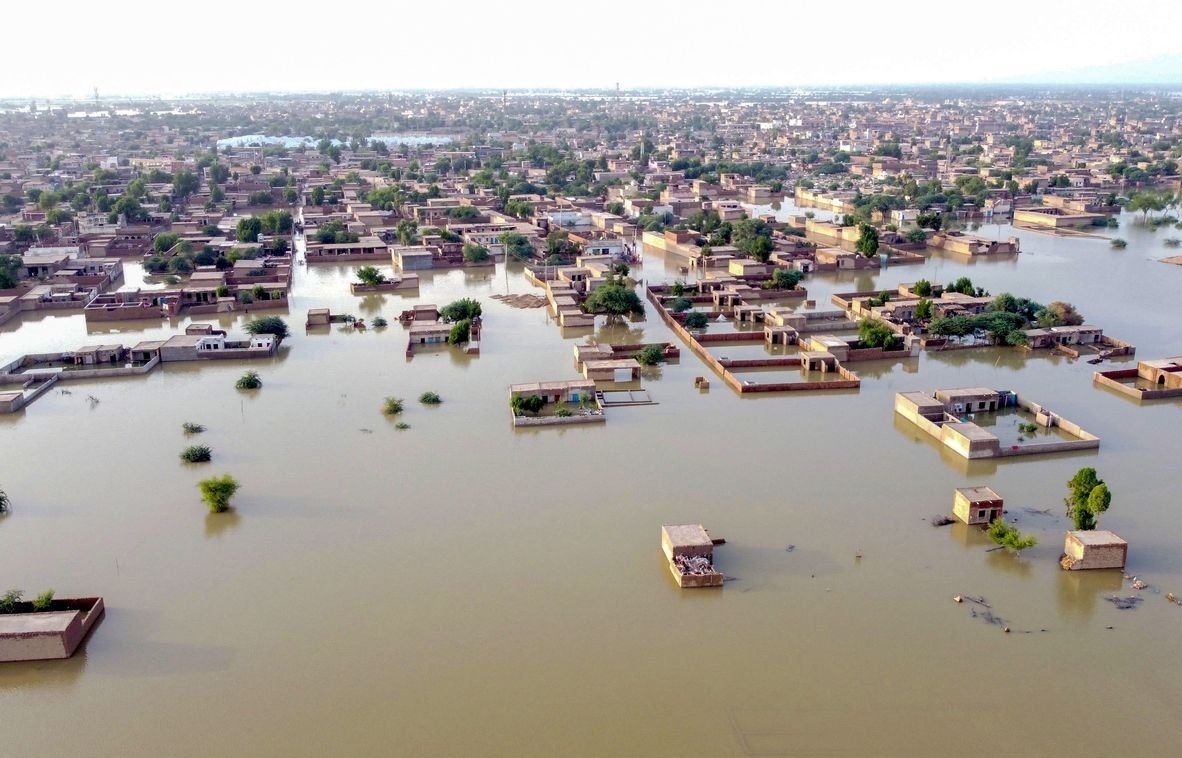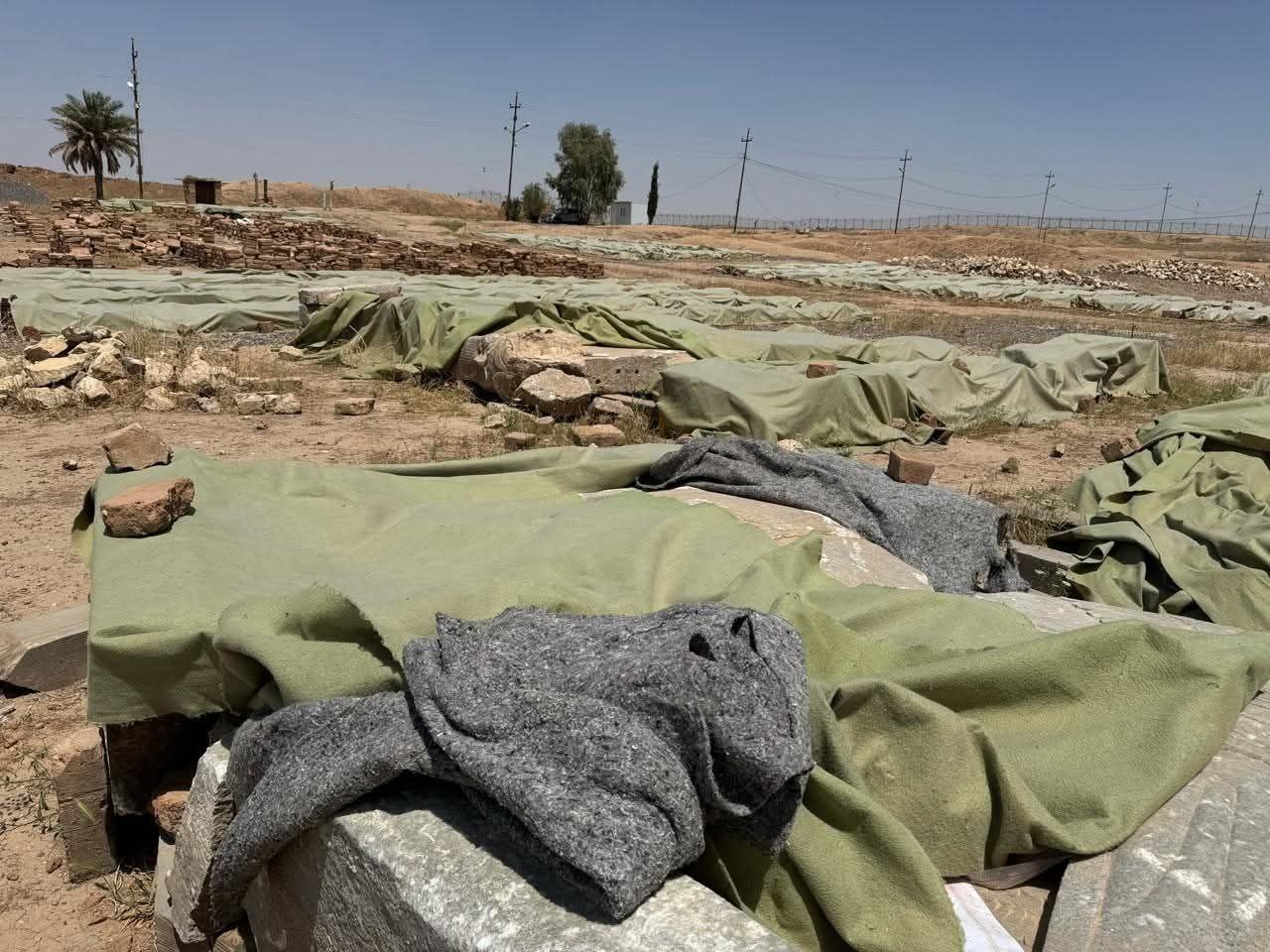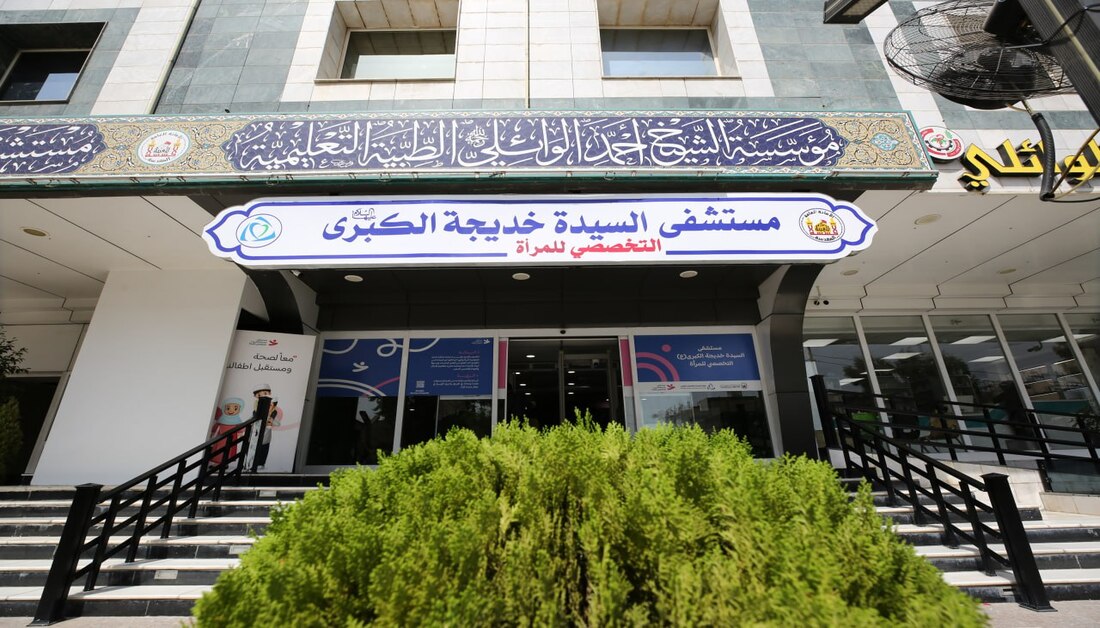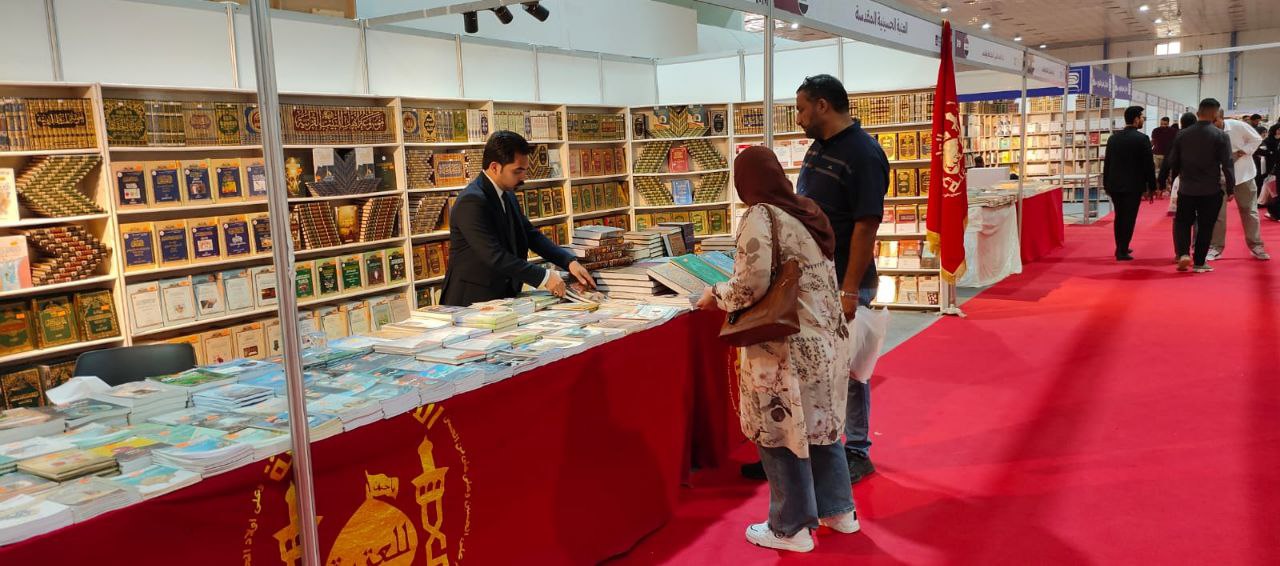The Times of India: Village without Muslims observes Muharram
A village in Gadag district in North Karnataka, India, observes Muharram every year, and not one of its 2,500 residents is a Muslim.
This has been a centuries old tradition and ‘Ale Habba’ — as Muharram is known in local parlance — is observed along with the installation of ‘Panjas’ (palms). “We observe Ale Habba with devotion,” said Andappa Jigalur, an elder member in the village.
Shivappa Olekar, another resident of the village, said the Covid-19 and the lockdown had resulted in the local economy suffering a huge setback. “As a result, only few of the residents could contribute towards Muharram this year. Each year, we collect funds from all households in the village. This year, despite the problems they are facing, the villagers are contributing what they can. Many of them are offering ‘Deergha Danda Namaskara’ (places where the commemoration is held) in Panja,” said Olekar.
Sources said clerics from neighboring Hullur village are invited to perform Muharram rituals each year. “Clerics from Arahunasi and Belavanaki villages help us by informing us about when and how to observe Muharram. Moreover, all youngsters in our village are trained in rendering Rivayat elegies, which are an integral part of Muharram,” the duo said.
Ramesh Talwar and Kasheppa Jakkannavar, two other residents in the village, said there was no organization or association entrusted with the responsibility of conducting events during Muharram.
“A mosque was built in Hiremannur 50 years ago by our ancestors. But the mosque collapsed a few years ago. When we approached the Wakf Board for funds to rebuild it, we were told that having a registered organization was mandatory. So, we have decided to reconstruct the mosque with contributions from the villagers,” Talwar and Jakkannavar said.
